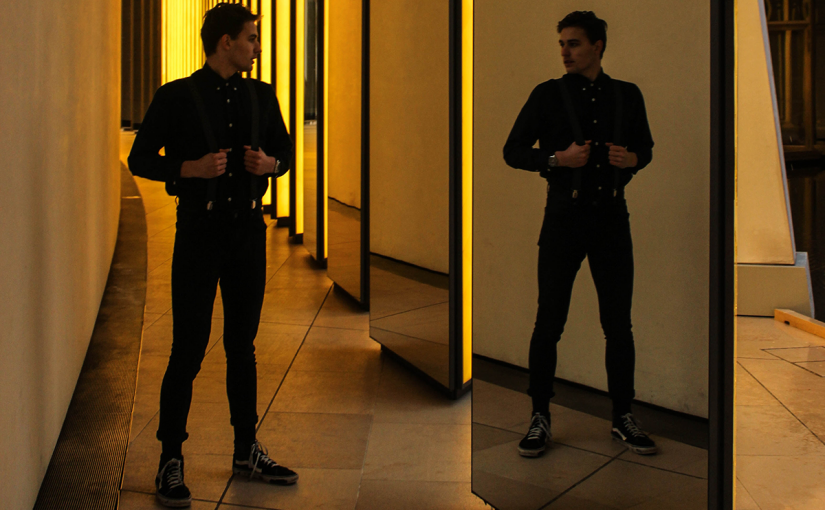by Pedro S. Silva II
Genesis 1:26
Then God said, “Let us make humankind in our image, according to our likeness;
Ephesians 5:1-2
Therefore be imitators of God, as beloved children, and live in love, as Christ loved us and gave himself up for us, a fragrant offering and sacrifice to God.
There is this common idea in the world of appearances that is described as “faking it until you make it”. When I first heard that saying, it was disturbing to me. The way I interpreted it was that people should pretend to be someone others think they should be. This was something people advise people do in order to be accepted by people they experience as being more worthy of respect than themselves.
That didn’t sit well with me because for a long time I felt like it was better to be accepted or rejected for who I consistently was. When I was younger, that manifested in me as directness of speech. I would tell people exactly what I thought regardless of consequences and expected the same from others. Some people liked that about me and others disliked me for it. But from my perspective, at least people knew what to expect from me. I wasn’t going to fake anything to be accepted by anyone. I was the way I was–the way I figured God created me.
But then I read Mere Christianity by C.S. Lewis and he gave me a new way of looking at this notion of “faking it until you make it”. He called it pretending. And he offered up the notion that, like Christ, we are children of God. And that when we pretend to be like Christ, we actually become more like him–or should I say, more like our true selves. Considering this, I started to give people the benefit of the doubt that what by “faking it”, some people were innocently trying to practice what they thought were positive attributes. I likened it to children pretending to read, which prepares them for when they do learn to read.
Unfortunately, in this world, we often feel like we have to pretend to be someone we are not in order to be accepted by others–whether a group or another person. When we do this, what we ultimately do is lose ourselves. But when we pretend to be like Christ, paradoxically, we actually become more of ourselves because Christ bears God’s original vision for us.
In the book of Genesis, we are told that God’s vision for our being was that we would bear the image and likeness of God. Somehow, we lost sight of that image and consequently, we frequently are burdened by either a self or societally imposed image that does not truly reflect who we are. As Paul put it, “we see in the mirror dimly.” But because we fear that if we let go of the only image we know, we might lose ourselves entirely, we hold on to like a drowning person holding a life preserver. Seeing that, Jesus taught, “Those who find their life will lose it, and those who lose their life for my sake will find it (Matthew 10:39).”
God Whose Image We Bear,
Impress upon us your vision for us so that we might reflect to our siblings in Christ the true image we bear. Amen.



